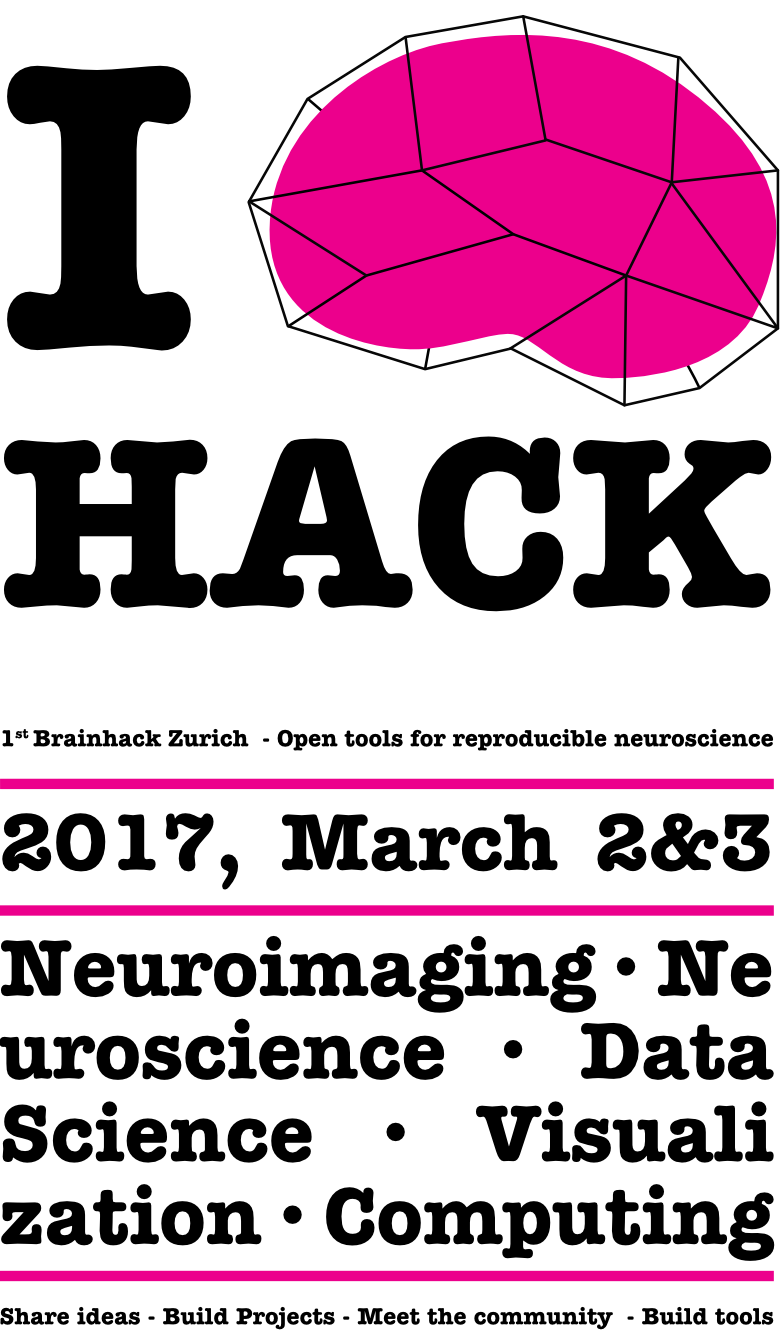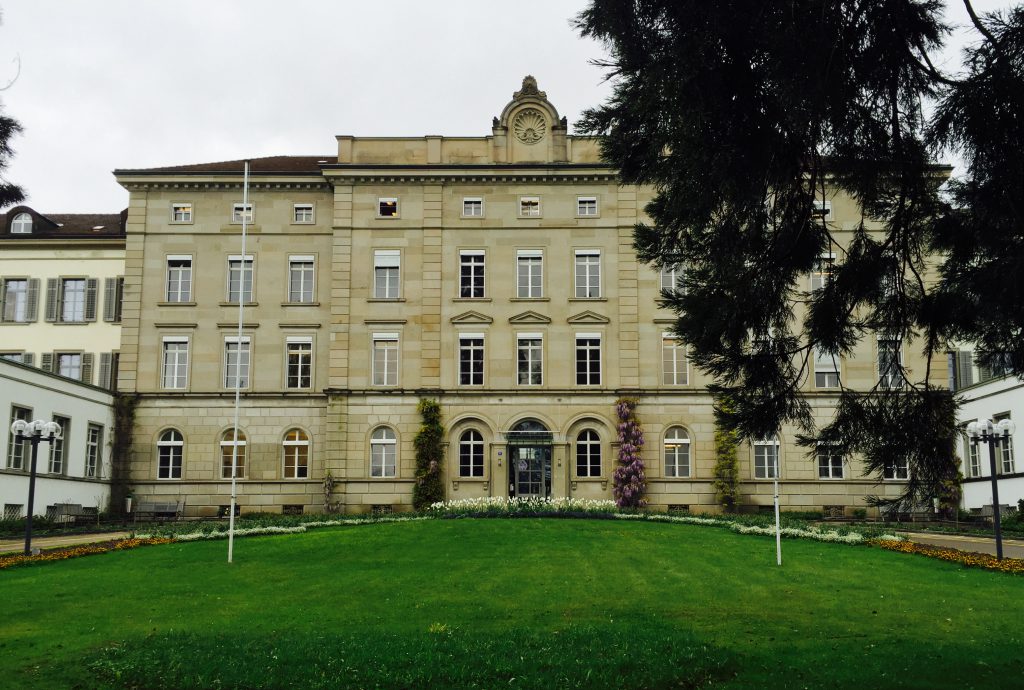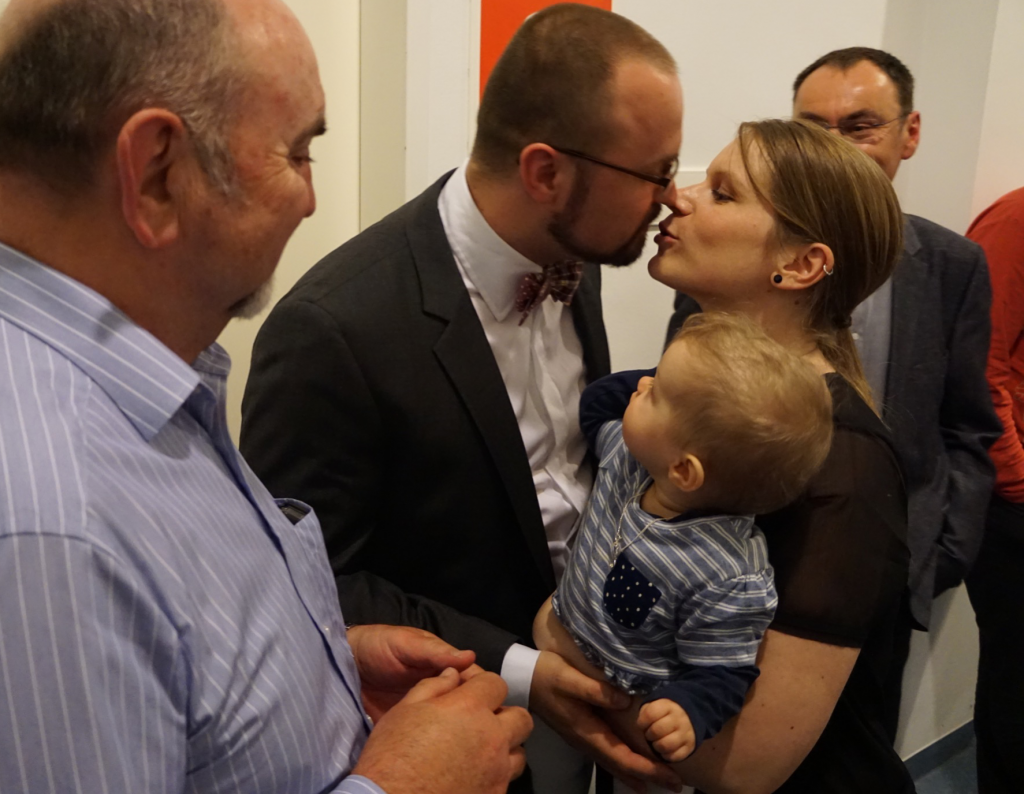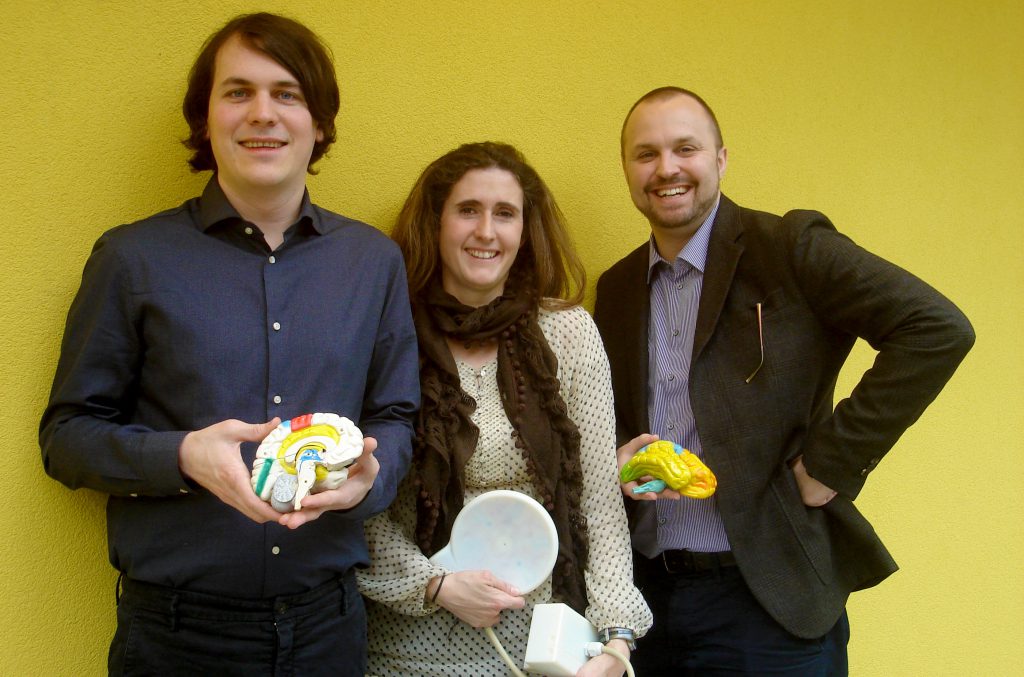As a member of the Executive Board, I would like to spread the word about the Interdisciplinary College in March 2017:
The Interdisciplinary College (IK) is an annual, intense one-week spring school which offers a dense state-of-the-art course program in neurobiology, neural computation, cognitive science/psychology, artificial intelligence, machine learning, robotics and philosophy. It is aimed at students, postgraduates and researchers from academia and industry. The focus topic of the IK 2017 directs the attention to creativity and intelligence as prototypically human characteristics and capacities, investigating their role and importance for the individual but also for society as a whole.
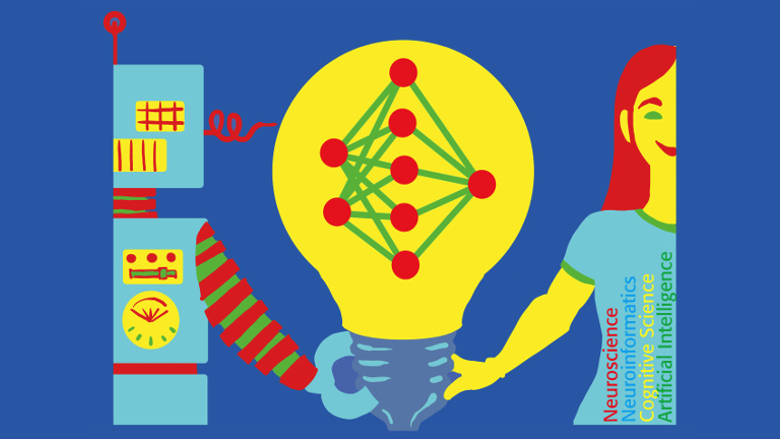
Chairs
- Luc Steels (Universitat Pompeu Fabra, Barcelona, Spain)
- Dieter Jaeger (Emory University, Atlanta, USA)
- Tarek R. Besold (University of Bremen, Bremen, Germany)
Over the last years creativity has become the focus of numerous research projects and entire disciplines, ranging from investigations into the neural foundations of human creativity to Computational Creativity as attempted “computerization” of creative processes (or parts thereof). Creativity is usually conceptualized as sharing a close connection with intelligence, for instance in that the latter often is taken as a precondition of creativity. But creativity also is a necessarily social phenomenon: While creativity
often starts out on an individual basis, and creative acts are ultimately implemented by individuals, society very often enables creativity to happen either in making creative individuals collaborate, or in emergently giving rise to a genuinely collective creative process.
Language serves as connecting thread between the topics creativity, intelligence, the individual, and society. Creativity and intelligence often manifest in language, and individuals and society rely on (different forms of) language as indispensable medium of communication.
Correspondingly, the IK 2017 will consider the mentioned topics from different theoretical as well as applied perspectives, offering courses clustered into four interwoven blocks:
- Creativity
- Neuroscience – From Data to Theory and Back
- Language
- The Social
http://www.interdisciplinary-college.de
